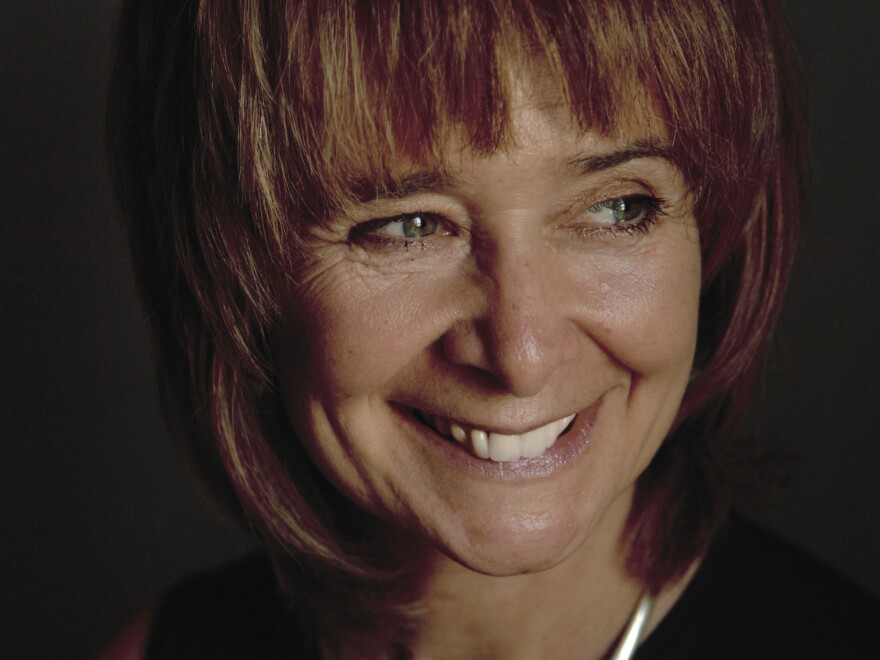In the 1500s, Italy is bursting with some of the most influential and vivid figures in history. Many — like Leonardo da Vinci, who balanced art and the sciences; Galileo Galilei, who turned his telescope to the heavens; and Niccolo Machiavelli, who calculated the ruthless politics of the day — are still remembered even now for their major contributions.
Author Sarah Dunant has drilled down into the Italian Renaissance for over a decade — reconstructing a time of artistic innovation, political corruption and war into captivating, and highly accurate, fiction.
"When one talks about the kind of power of the English Renaissance and Shakespeare and whatever and all of that, I think, 'My God, Italy had these 100 years before,' " she tells NPR's Neal Conan.
"It was the cradle of some of the most profound things about modern Western civilization, and you have to go there if you really want to understand the modern world."
In her latest book, Blood & Beauty, Dunant breathes new life into the story of the brilliant, powerful and notorious Borgia family.
Dunant talks about the process of researching and reconstructing centuries-old history, and some of the truths and myths surrounding the infamous family.
Interview Highlights
On the origins of the Borgia family
"We just lump them in with a lot of other Italian families. But it is the great secret about this family that they don't come from inside Italy. They are, in fact, interlopers. And Italy, and especially Rome, is full of very powerful families, a bit like a kind of early version of The Godfather, who really aren't interested in sharing power.
"So when you come to look at the kind of press that the Borgias have had over the 500 years since they kind of died out, what you're looking at is vested interests out to slander them because they were the interlopers. Now, some of those awful things they did is true, but one of the things that I discovered while researching and writing this book is that there was a great deal more depth and nuance and subtlety and things of interest about the Borgias than our old version of how they used to be."
On how the family came into power

"There is a very interesting moment in Italian history here. Italy is invaded by the French in the 1490s, and the French bring with them something that's going to change warfare, which is they bring lightweight artillery in.
"They bring cannons that you can move fast. And that changes the whole game. And when Cesare Borgia, the Pope Rodrigo's eldest son, makes an attempt to basically carve out a dynastic power structure in the middle of Italy, which is why he's necessarily known as the prince later by Machiavelli, one of the things that he has is he has those cannons from the French army. And that makes an incredible difference to him as a commander and as a power force."
On Lucrezia Borgia as the "first liberated woman" of the time
"That's so untrue. ... She is indeed a really interesting character, but all of those rumors about the murders and all the lovers come from the people who were the enemies of the Borgias who were out to slander her.
"She's actually liberated in a rather different way because she's quite intelligent, and she manages how to make a place for herself in a world which is full of men. ...
"It's her reputation, but what's been so interesting about modern history is historians have gone back and really kind of looked. You know what? The Borgias are like the first sort of celebrities of history, really, and you know how easy it is for the gossip to move about celebrities. And you know how hard, once the gossip's out there, even if it's not true, to get it back. And I think that's what happened with them."
Copyright 2023 NPR. To see more, visit https://www.npr.org.

